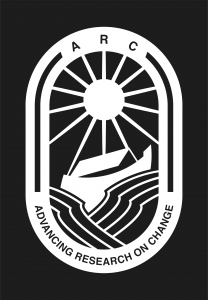Substance use disorder (SUD) is the fourth most common mental health disorder (Kessler et al., 2007), and a leading cause of death, disability, and health care costs globally (World Health Organization, 2014; United Nations, 2014). SUD disproportionately affects youth, with an average age of onset between 14 and 24 (Wagner & Anthony, 2002).
Research at ARC integrates cognitive and affective science with behavioral pharmacology to identify mechanisms of behavior change that underlie substance use vulnerability and factors affecting treatment success in youth. The express intent of this work is to develop interventions designed to target these mechanisms and improve addiction treatment outcomes. We believe that each individual is unique and that all individuals are unified by cognitive, affective, social, and behavioral processes across contexts that are quantifiable at multiple levels (e.g., within-persons, between-persons). Accordingly, we aim to characterize individuals as dynamic systems with interactions between the constituent parts. This affords us the opportunity to study the ways these processes work together to confer general and specific risk or resilience that can inform treatment development. To accomplish this, much of our work uses mobile technology (e.g., ecological momentary assessment, mobile sensors), longitudinal designs, and advanced analytic techniques to examine how fine-grained fluctuations in state and trait level variables lead to systematic changes in risk and treatment response over time in the natural environment. By obtaining both within-person and between-person assessments of clinical phenomena, we hope to help lay the scientific groundwork for the formulation of targeted and personalized substance use interventions for a wide range of populations – some of whom are underserved and over-represented in treatment. Using such ecologically anchored clinical research, we aim to ensure findings from addictions research translate to treatment settings given the gaps in the addiction science to practice pipeline.
